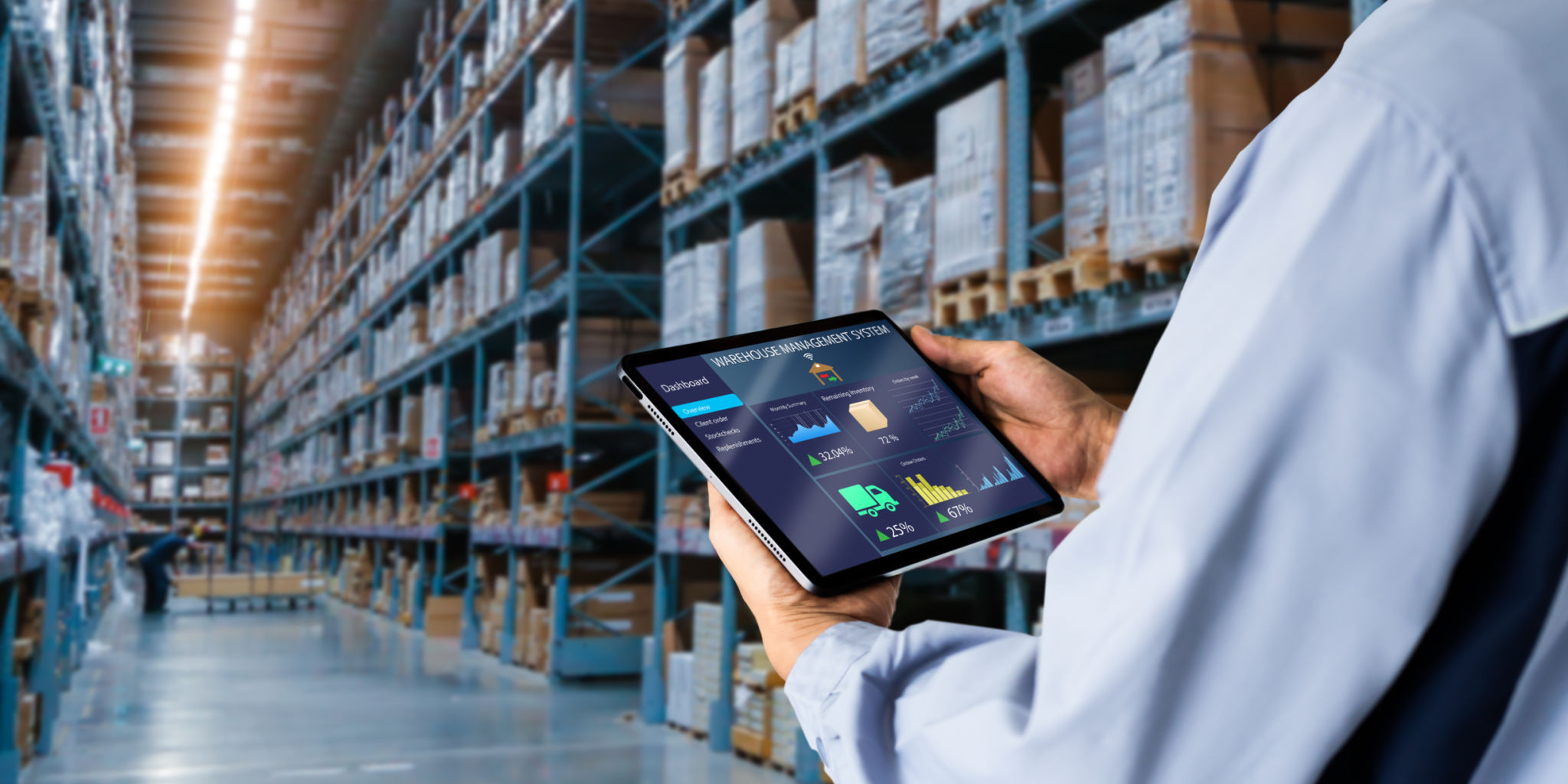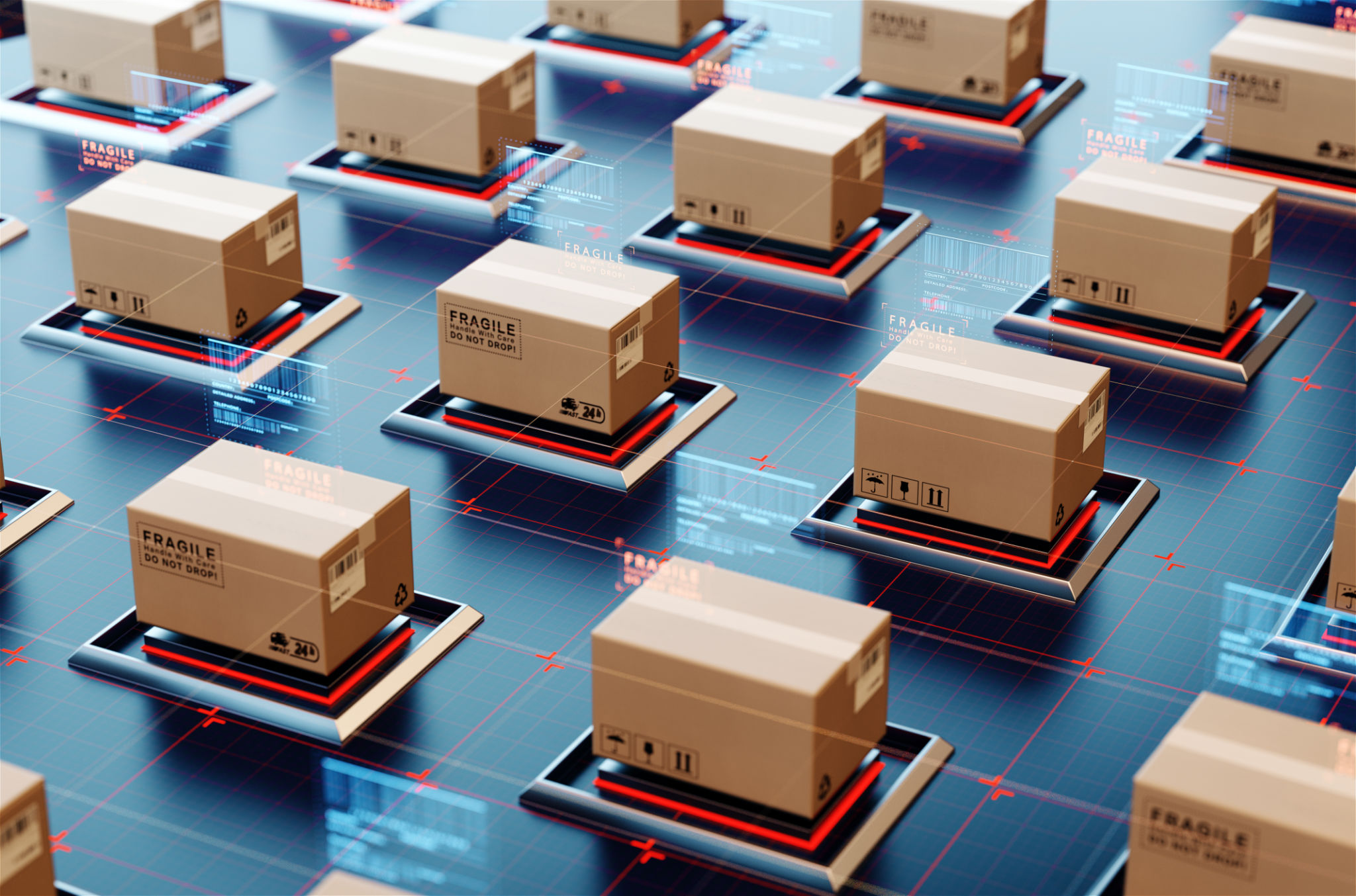The Future of Transportation Management: Trends to Watch
DY
Introduction to Modern Transportation Management
The landscape of transportation management is rapidly evolving, with innovations and technological advancements paving the way for a more efficient and sustainable future. As industries adapt to these changes, understanding the emerging trends is crucial for businesses aiming to stay ahead of the curve.
Transportation management encompasses a wide range of activities, from logistics and supply chain operations to urban planning and environmental considerations. This multifaceted field is set to undergo significant transformations in the coming years.

The Rise of Smart Logistics
One of the most significant trends in transportation management is the rise of smart logistics. Utilizing data analytics and Internet of Things (IoT) technology, companies can optimize their supply chain operations, reducing costs and improving efficiency. By leveraging real-time data, businesses can make informed decisions regarding route planning, inventory management, and delivery schedules.
Moreover, artificial intelligence (AI) plays a pivotal role in enhancing logistics systems. AI-powered algorithms can predict demand fluctuations, enabling companies to adjust logistics strategies proactively. This dynamic approach not only reduces waste but also maximizes resource utilization.

Sustainable Transportation Solutions
With growing environmental concerns, sustainability in transportation management has become a top priority. Companies are increasingly adopting eco-friendly practices to minimize their carbon footprint and comply with environmental regulations. This includes transitioning to electric or hybrid vehicle fleets, optimizing routes to reduce fuel consumption, and investing in sustainable packaging materials.
Additionally, governments and organizations are working together to develop infrastructure that supports green transportation solutions. Initiatives such as promoting public transport usage, developing cycling lanes, and implementing congestion pricing models are gaining traction worldwide.

Autonomous Vehicles and Their Impact
The advent of autonomous vehicles is set to revolutionize transportation management. Self-driving cars and trucks promise to enhance safety, reduce human error, and optimize traffic flow. As these vehicles become more prevalent, they will reshape urban planning and logistics networks.
Autonomous technology extends beyond passenger vehicles. In the logistics sector, autonomous drones and delivery robots are being tested for last-mile deliveries, offering solutions for areas that are difficult to access by traditional means.
Integration of Blockchain Technology
Blockchain technology is making its mark in transportation management by providing secure and transparent transaction records. This technology enhances trust between stakeholders by ensuring data integrity and reducing fraud risks.
In supply chain management, blockchain enables improved traceability of goods, facilitating better inventory management and compliance with regulatory requirements. As a result, businesses can enhance their operational efficiency while maintaining high levels of transparency.

The Role of Big Data in Decision Making
Big data analytics is transforming how transportation decisions are made. By collecting and analyzing vast amounts of data from various sources, companies can gain insights into traffic patterns, consumer behavior, and operational efficiencies.
This data-driven approach allows for predictive modeling and scenario analysis, helping businesses anticipate challenges and identify opportunities. As a result, companies can make strategic decisions that align with their long-term goals.
Conclusion: Embracing Change for a Better Future
The future of transportation management is bright, with numerous innovations on the horizon. Businesses that embrace these changes will be well-positioned to thrive in an increasingly competitive landscape. By staying informed about emerging trends and adopting new technologies, companies can ensure their transportation systems are efficient, sustainable, and resilient.
As we look towards the future, collaboration between governments, industries, and technology providers will be essential in shaping a transportation system that meets the needs of society while preserving our planet's resources.